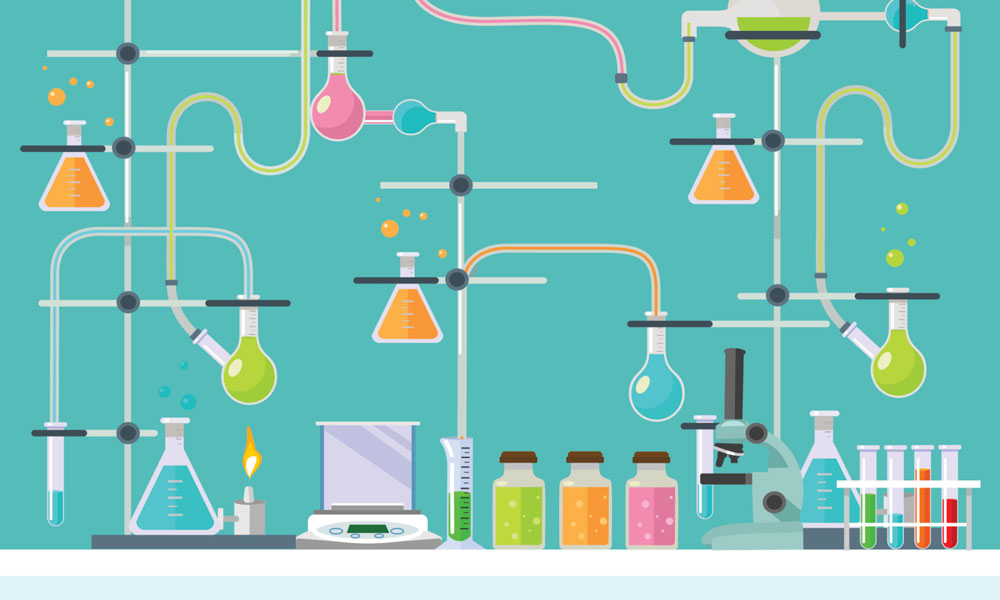
Psychiatric Association Fires Up Innovation Lab at Conference
The American Psychiatric Association's first-ever innovation lab, to be unveiled at its annual meeting in Atlanta, will feature a $2,500 prize for the winner. But ultimately, the event is more about the process of discovering new ideas than the big prize.
The future of innovation in the psychiatric profession could involve an app, data analysis, or maybe even a bot. But whatever it is, it’s very likely that the final result has the potential to change the shape of mental health care.
Next month the American Psychiatric Association (APA) will host its first-ever Psychiatry Innovation Lab at its annual meeting in Atlanta. The strategy will bring startups to the floor of the event, each with the opportunity to highlight innovative ideas in the mental health space.
The event was conceived by Nina Vasan, M.D., a psychiatry resident at Stanford University and an APA leadership fellow. In a recent interview with Psychiatric News, she discussed the importance of the mental health sector embracing new technologies.
“Compared with other medical fields, psychiatrists have been slower to realize the potential of the tools that are driving the next revolution in health care, such as technology, big data, and outcomes measurement,” Vasan told the publication.
Vasan helped put together a team of judges and innovation leaders to work with both companies and individuals who want to share their innovations aimed at changing the way mental health care is delivered or treated.
Donovan Wong, the medical director of behavioral health at Doctor on Demand, told The Week, that while the process is going to be treated like a contest—with the top-seven finalists taking part in a May 15 event—the true goal is to spark innovative thinking.
“We’re going to objectively pick a winner, but I think a big part of this is about the process—bringing people together to think about this and gain different perspectives,” he explained.
Doctor on Demand, an app-based urgent-care service, is sponsoring the event’s $2,500 grand prize.
Vasan added that APA taking an active role in the scientific process around the apps could help build credibility for the platforms. The app Luminosity, which made some bold claims about boosting memory, was recently fined by the Federal Trade Commission because they couldn’t be proven. The association’s members could help vet the technology and its value.
“I think the interest and excitement is there, but in terms of the data and proof that we know these are sustainable solutions,” Vasan told The Week. “I don’t know that we have that yet.”
(iStock/Thinkstock)






Comments